
Irish parents are generally happier to live with their adult children than their children are to live with them, and more content to see them stay, detailed new research into domestic life and living arrangements has found.
According to the Central Statistics Office (CSO) the vast majority of adults (88 per cent) living with a parent said they would prefer to live apart, compared to just half of parents who felt the same.
More than a third of children (38 per cent) would not necessarily miss their parents either, yet 73 per cent of parents would.
Overall, some 57 per cent of those living with a parent enjoy the experience compared to 87 per cent of parents.
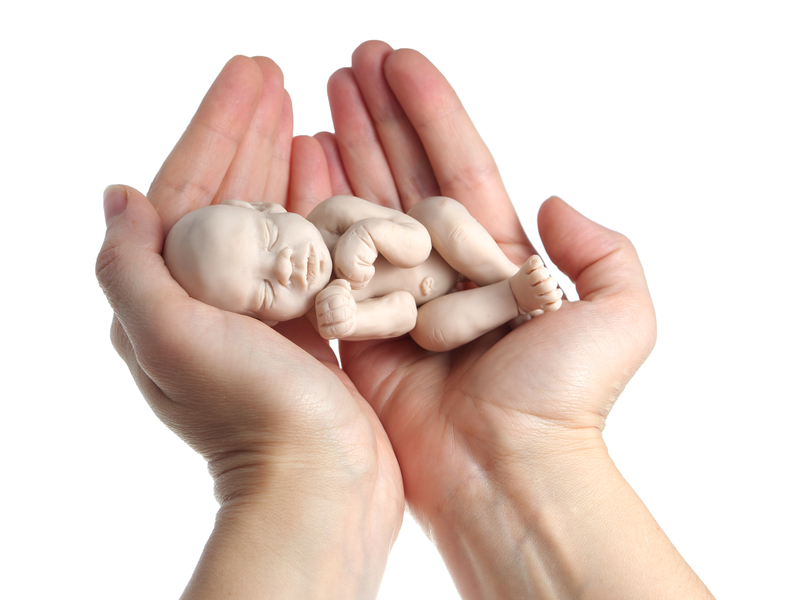
A baby born alive after an unsuccessful late-term abortion was “left gasping without medical assistance for two hours before dying” at a hospital in New Zealand.
The incident was witnessed by a healthcare student who has since been left traumatised from the ordeal.
“Normally a late-term abortion is performed on babies that have medical issues, but this baby was completely healthy – so instead of using an infanticide injection to stop the heart from beating before expelling the baby from the womb, the mother was just induced”, she said.
Because the baby’s life was not ended before birth using feticide, it was more likely that, at 21 weeks, the baby would survive the induction. The student said this is not uncommon and “in these situations, the baby is just left to die”.
“We wouldn’t do that to an animal. I was horrified” she said.
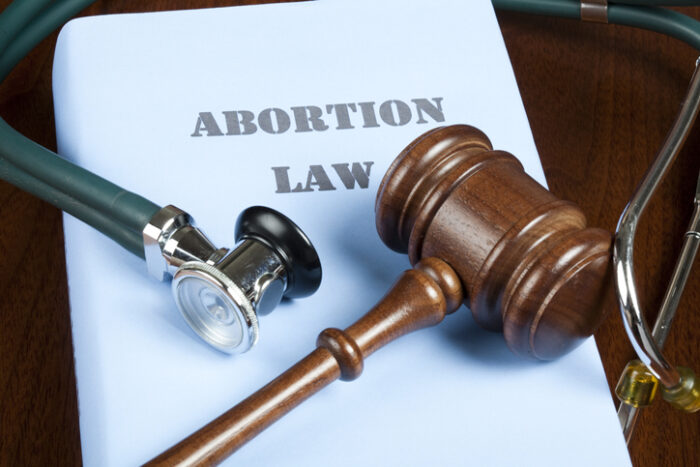
An expert the Government says will be independent will lead the review of abortion legislation that has been in operation since January 2019, Minister of State for Health Anne Rabbitte has confirmed. Pro-abortion groups are lobbying to make the law even more liberal than at present, by dropping the three-day waiting time before an abortion is provided, for example.
Speaking in the Seanad, she said the review will have three strands: women who have had abortions, the abortion providers, and a public consultation.
Under the terms of the Act a review must take place not later than three years after its commencement.
She confirmed that members of the public, special interest groups or any other interested party will also have the opportunity to submit their view through a public consultation process.

As parishes transfer more schools to non-religious patrons, the law must be changed to allow remaining schools be unapologetically Catholic.
That’s according to Bishop Tom Deenihan of the Catholic hierarchy’s Council for Education.
He told The Irish Catholic there is a need for the Government to remove a controversial law on that prevents Catholic primary schools from favouring Catholic children for admission when the school is over-subscribed. He said it risks preventing Catholic schools from catering for the needs of those who want an authentic faith-based education.
“Our position is that if parental choice is the determinant – and I think it has to be – then parents who wish for a Catholic education have to be accommodated,” Bishop Deenihan told The Irish Catholic.
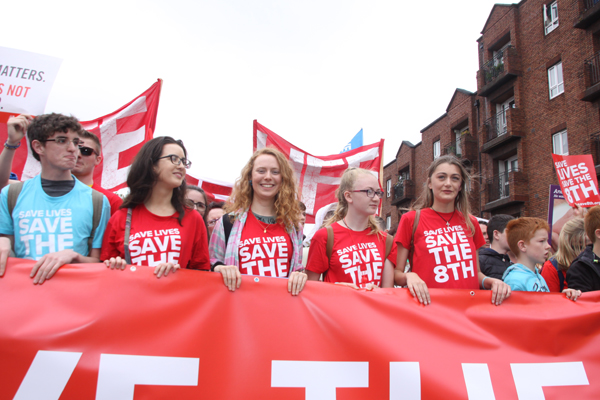
Pro-life rallies took place all over the country on Saturday urging the public and TDs to #RethinkAbortion.
Because of Covid-19 restrictions, 55 local rallies took place in lieu of a national pro-life march, but organisers said that the events were vitally important as a review of the 2018 legislation will take place this year.
“We were promised, voters were promised, that abortion would be ‘rare’ post-repeal, but for the second year in a row, we have seen a huge rise in the number of abortions carried out in contrast to when abortion was illegal in Ireland,” said Niamh Uí Bhriain of the Rally for Life Committee.
The rallies also highlighted that late-term abortions are taking place in Ireland, despite assurances that this would never happen. Ms Uí Bhriain said that a recent study of abortion providers in Ireland showed that the procedure was so disturbing that one doctor described it as “stabbing the baby in the heart”.
Activists also pointed to the recent case in the National Maternity Hospital where a baby was aborted after a misdiagnosis as evidence that steps needed to be taken to ensure parents were not pressured into having an abortion.
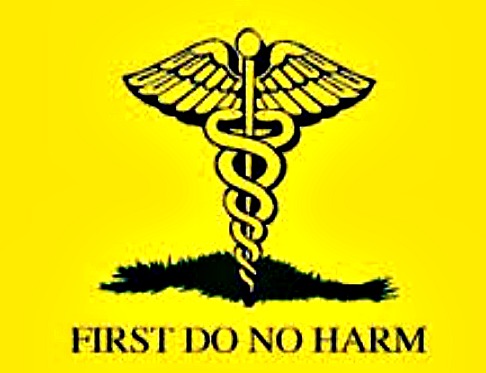
Some 200 medical professionals in Scotland have expressed “great concern” over a proposed bill to provide assisted suicide to the terminally ill.
Signatories to the letter to Health Secretary Humza Yousaf, include a former president of the Royal College of Physicians and Surgeons of Glasgow, David Galloway, and a palliative medicine expert Professor Marie Fallon.
The letter says the shift from preserving life to taking life is enormous and should not be minimised. “The prohibition of killing is present in almost all civilised societies due the immeasurable worth of every human life.
“Everyone has a right to life under Article 1 of the Human Rights Act 1998 such that no one should be deprived of that life intentionally. Some patients may never consider assisted suicide unless it was suggested to them. The cruel irony of this path is that legislation introduced with the good intention of enhancing patient choice will diminish the choices of the most vulnerable”.
The health care professionals add that they have a legal duty of care for the safety and wellbeing of their patients and they state that “will not take patients’ lives – even if they ask us to”.
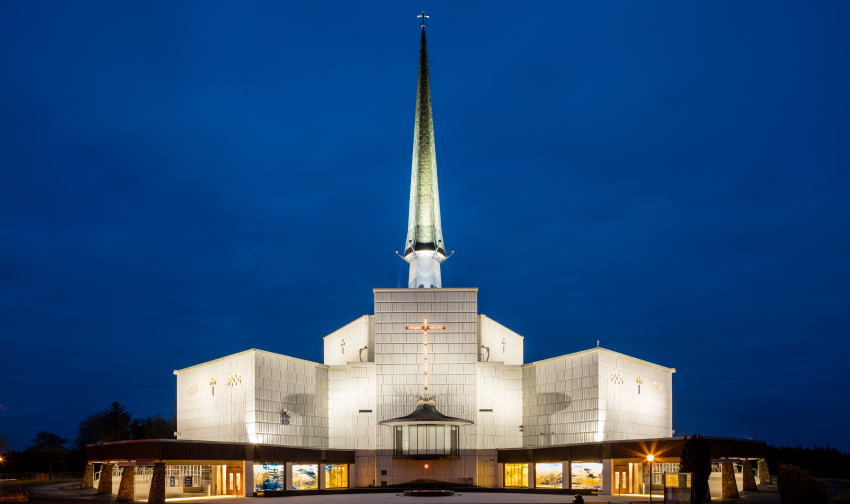
For the second year in a row the national novena at Knock Shrine, Co Mayo, is being postponed due to the pandemic.
Parish Priest and Knock rector Fr Richard Gibbons made the announcement on Monday that the novena, scheduled to take place from August 14th to 22nd, will be postponed until later this year.
“We have taken this decision in the interest of the health and safety of our pilgrims and staff here at the shrine. Given the recent concern from both Government and health agencies regarding the Delta variant of the virus, the responsible course of action is to postpone the national novena at this time,” he said.
“It is vital that we allow the national vaccination programme to proceed across all age groups. Once we can safely gather again at Knock Shrine, a full programme will be announced for the novena later in the year,” he said.
Knock remains open, however, with restricted attendance at daily Masses in the Basilica and confessions available daily also, while the Mass enrolment office, Knock Museum and Knock Counselling Centre are open.
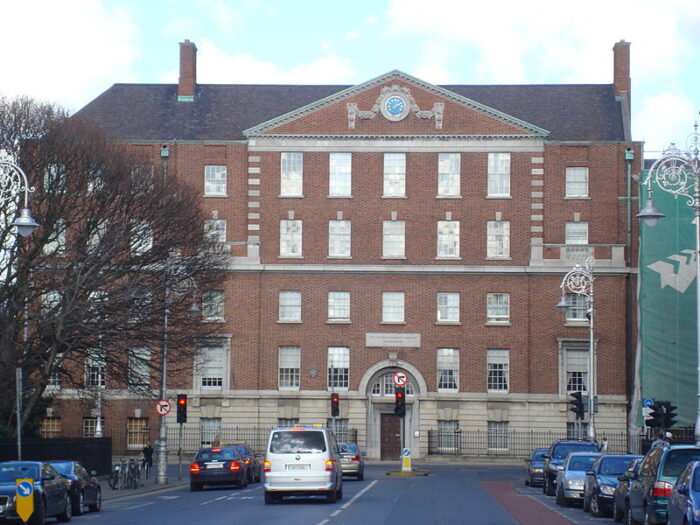
A constitutional referendum on whether the State should take ownership of the land on which the new national maternity hospital will be constructed could be held after the facility is built, the Seanad has heard.
Fine Gael Senator Martin Conway said the project needs to go ahead as quickly as possible but he suggested that, in the future a referendum could be considered about State ownership of the site “so that in 50 or 100 years’ time no future representatives from a future St. Vincent’s Healthcare Group can try to create a scenario where there is undue influence”.
He was speaking during a debate on the controversy surrounding the ownership and governance of the facility.
The National Maternity Hospital is due to relocate from Holles Street to the campus of St Vincent’s Hospital in South Dublin. The Government has said it wants to own the land on which the hospital will be built, rather than having a 99-year lease, which had been envisaged.
However, Labour Senator Ivana Bacik said “we certainly do not need a constitutional amendment. We have a compulsory purchase order procedure and that should be used.”

Britain’s Methodist Church announced last week that same-sex couples will be allowed to get married on its premises.
After debates on the topic at the Methodist Conference, the proposals to allow same-sex marriages were passed with 254 votes in favor and 46 against.
The Methodist Church said ministers who oppose the changes will not be forced to carry out same-sex marriages.
The church has a membership of 164,000 in the United Kingdom.
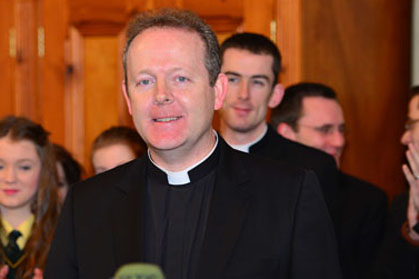
Archbishop of Armagh Eamon Martin has described the Government’s stance on First Holy Communions and Confirmations as a “complete reversal” of an earlier decision made on the issue. The Government has said such ceremonies cannot take place because they may lead to parties afterwards.
Dr Martin also criticised the way that the communication of this new position was handled by the Government and said that it was “very disrespectful how this was done”. It was announced at the end of a press conference in response to a question rather than formally communicated to the Churches beforehand.
Speaking on RTÉ’s News at One, Archbishop Martin said: “There is indeed a lot of confusion here and a lot of frustration and deep disappointment and indeed anger.
“We’ve been deluged with calls from parishes and I know that priests and others have been extremely disappointed by this reversal of the position that was written to us from the Taoiseach’s office from the very beginning of June that said that in line with the gradual reopening of society from 5 July these ceremonies could take place.
“And so, there’s been a huge amount of preparation with the children in their schools with their families.”